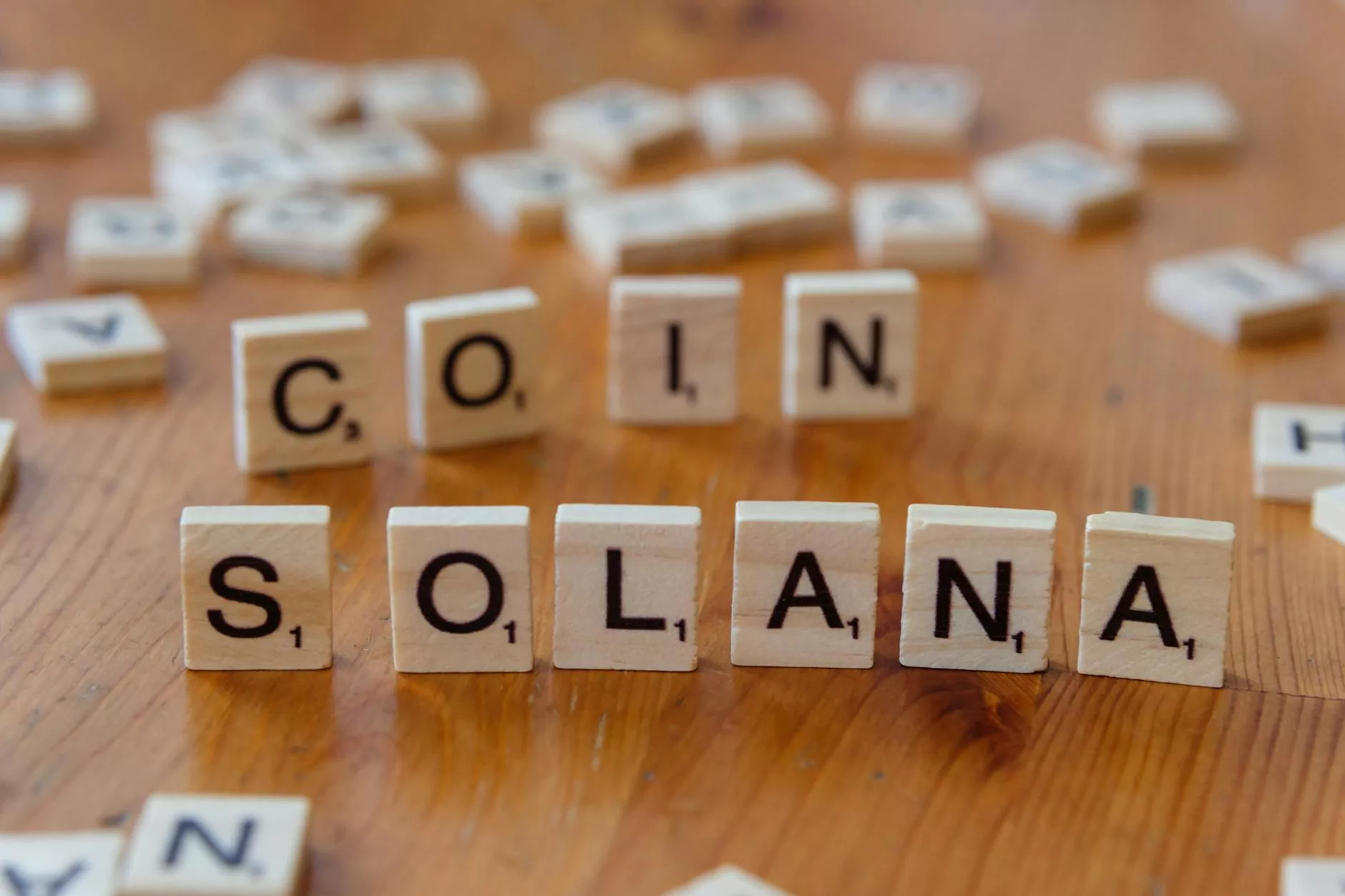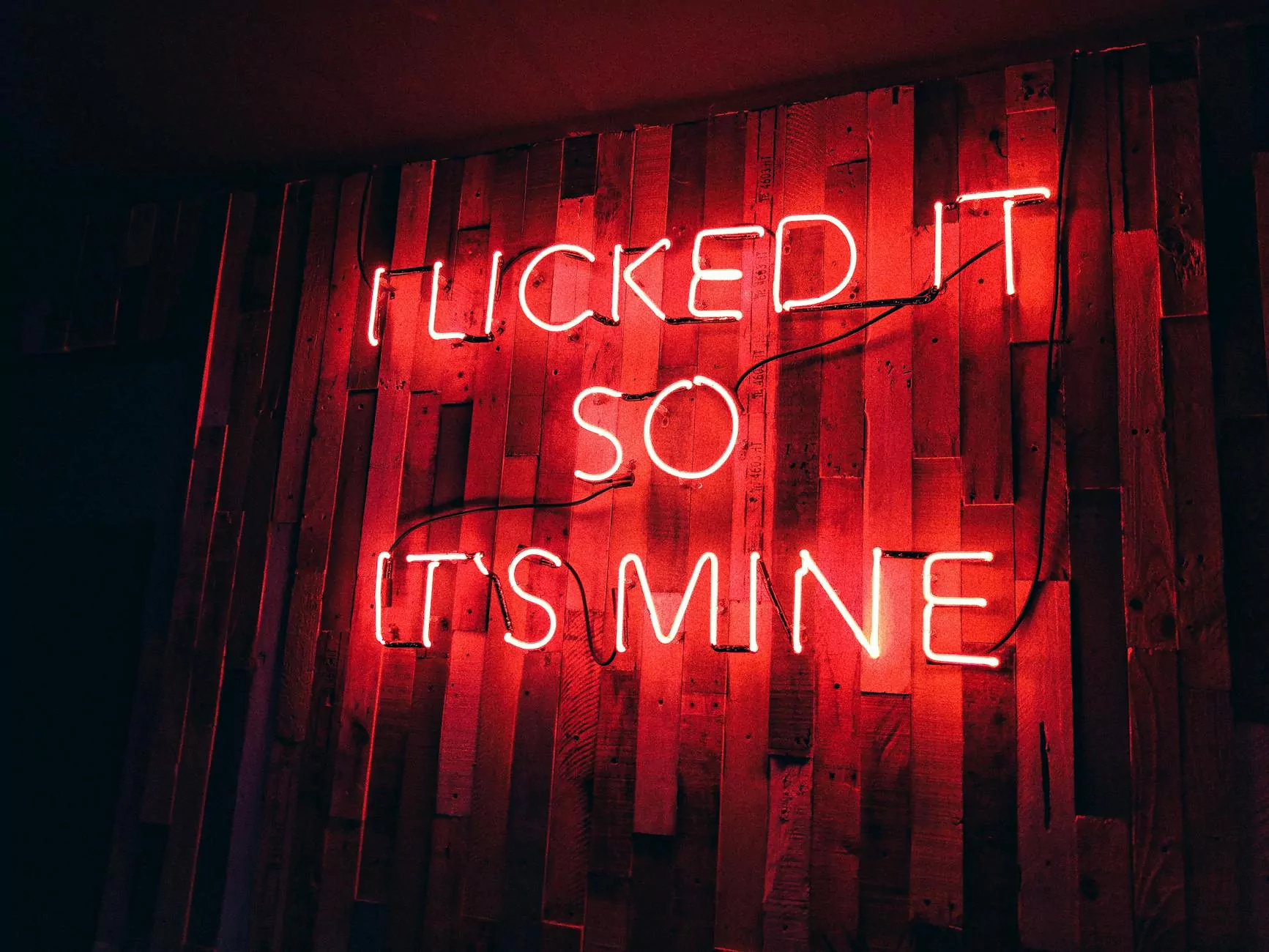Uncovering the Truth About Counterfeit Money to Buy — The Business of Money for Sale

In the modern economic landscape, the existence and circulation of counterfeit money remain a significant concern for governments, financial institutions, and individuals alike. The clandestine world of money for sale — especially the complex and often underground trade involving counterfeit money to buy — has evolved dramatically over the years. While much of the public perception is centered around criminal enterprises and illegal transactions, understanding the nuances of this industry is crucial for grasping its implications on global and local economies.
What Is Counterfeit Money and Why Is It a Persistent Problem?
Counterfeit money refers to false or imitation currency produced without legal authorization, designed to mimic genuine bills convincingly. This illegal activity poses a threat to the integrity of financial systems, eroding trust and causing significant economic damages. Counterfeit currency can be used to purchase goods and services, sometimes with devastating consequences, especially when sophisticated techniques are employed to produce highly realistic fakes.
Historically, counterfeit money has been intertwined with criminal activity ranging from petty fraud to large-scale financial crimes. Advances in printing technology, digital design, and online marketplaces have expanded the scope and scale of this industry. Today, the illegal trade in counterfeit money is not limited solely to traditional street deals but also extends into digital realms where it supports a shadow economy.
The Business of Money for Sale: An Underground Economy
The phrase business of money for sale encapsulates a hidden sector where counterfeit bills are bought and sold, often clandestinely. This underground marketplace thrives on secrecy, with a complex network of producers, brokers, and consumers. It operates under a veil of anonymity enabled by digital platforms and black markets that are difficult to track and regulate effectively.
How Does the Counterfeit Money Business Operate?
- Production: High-quality counterfeit bills are produced in secret printing facilities equipped with sophisticated equipment that closely mimic authentic currency.
- Distribution Channels: Various channels, including online black markets, encrypted messaging apps, and face-to-face transactions, facilitate the distribution of counterfeit money.
- Methods of Sale: Buyers and sellers often engage in covert negotiations, using cryptocurrencies or anonymous payment methods to evade detection.
- Usage: Recipients of counterfeit money may attempt to pass these bills at retail outlets, banks, or covert transactions within illegal enterprises.
Risks and Legal Ramifications of Engaging in the Counterfeit Money Business
Engaging in the business of money for sale, especially involving counterfeit money to buy, is fraught with legal dangers. Authorities worldwide have stringent penalties for counterfeit currency production and distribution, encompassing lengthy prison sentences and hefty fines. The risk of detection remains high due to advanced forensic techniques such as ultraviolet marker detection, digital analysis, and surveillance.
Moreover, entanglement in counterfeit schemes can draw unwarranted attention from law enforcement agencies, and victims of counterfeit money schemes often suffer serious financial losses. The illegal nature of this activity makes it inherently risky and ethically problematic, with potential repercussions across personal, professional, and societal levels.
How Counterfeiters Create High-Quality Fake Currency
Modern counterfeiters employ a variety of techniques to produce convincing fake bills. These methods include:
- High-Resolution Printing: Using commercial-grade printers and special inks to mimic the texture, color, and detail of authentic bills.
- Image Replication: Scanning and digitally manipulating security features such as watermarks, holograms, and microprinting.
- Material Manipulation: Utilizing dedicated paper with similar feel and composition as currency paper to enhance authenticity.
- Security Feature Imitation: Attempting to replicate features like color-shifting inks, security threads, and transparent windows.
Despite these efforts, highly skilled forensic laboratories and central banks continually develop new security measures to combat counterfeit detection. The arms race between counterfeiters and authorities underscores the complexity of this clandestine industry.
The Ethical and Societal Implications of Buying and Using Counterfeit Money
The purchase of counterfeit money to buy and its subsequent circulation can have devastating effects on society. It foments economic instability, hampers legitimate businesses, and undermines trust in financial institutions. Furthermore, it fuels organized crime, funds illicit activities, and can even contribute to inflationary pressures in certain contexts.
On an ethical level, engaging in such transactions perpetuates illegal activities, victimizes innocent individuals, and damages the integrity of the monetary system. Societies worldwide actively work to criminalize and eradicate counterfeit currency, emphasizing the importance of literacy about its dangers and legal consequences.
Legitimate Alternatives to the Illicit Industry of Counterfeit Money
Instead of engaging in dangerous and illegal enterprises like counterfeit money to buy, individuals should seek legitimate avenues of financial growth and economic participation. Here are some ethical alternatives:
- Entrepreneurship: Starting genuine businesses that provide value and create employment opportunities.
- Investments: Participating in the stock market, real estate, or other legal investment vehicles.
- Financial Education: Enhancing skills and knowledge about legal financial management and growth strategies.
- Legal Lending and Borrowing: Utilizing licensed banks and financial institutions for loans and credit services.
Conclusion: Building a Trustworthy Economy
Understanding the intricacies of the business of money for sale and the risks associated with counterfeit money to buy sheds light on the importance of maintaining integrity within financial systems. Societies must continue to invest in advanced security features, education, and enforcement to combat counterfeiting effectively.
Ultimately, the foundation of a robust economy lies in trust, transparency, and legality. Engaging in legitimate financial activities not only benefits individuals but also strengthens the entire economic fabric of societies worldwide. Combatting the counterfeit industry requires collective effort, vigilance, and unwavering commitment to lawful practices.
Remember: Ethical behavior and adherence to legal standards are essential for sustaining healthy economies and protecting individuals from falling prey to illegal schemes like counterfeit money trading.









